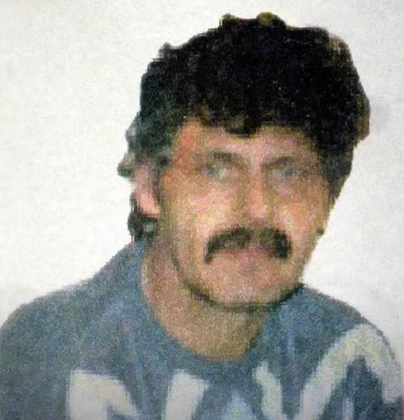
1941 - 1990
Joseph William Kappen
Summary
Name:
Nickname:
The Saturday Night StranglerYears Active:
1973Birth:
October 30, 1941Status:
DeceasedClass:
Serial KillerVictims:
4+Method:
StrangulationDeath:
June 17, 1990Nationality:
United Kingdom
1941 - 1990
Joseph William Kappen
Summary: Serial Killer
Name:
Joseph William KappenNickname:
The Saturday Night StranglerStatus:
DeceasedVictims:
4+Method:
StrangulationNationality:
United KingdomBirth:
October 30, 1941Death:
June 17, 1990Years Active:
1973bio
Joseph William Kappen was born on October 30, 1941, in Port Talbot, Wales. He was the youngest of seven children. When Joseph was still a child, his parents' marriage ended, leading to him being raised by his stepfather. Port Talbot was an industrial town known for its large steelworks, and this environment shaped his early life.
At a young age, Kappen began getting into trouble with the law. He attracted police attention for petty offenses by the time he was just 12 years old. Over the years, he accumulated over thirty convictions, including car theft, petrol theft, burglary, and assault. Kappen spent significant time in and out of prison, which affected his ability to maintain stable employment. He worked various jobs throughout his life, including as a lorry and bus driver, and as a bouncer. However, he was often described as a loner and struggled to keep any job for long.
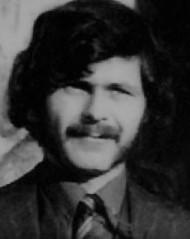
In 1962, Kappen met Christine Powell, a 17-year-old girl, and they married in February 1964. Just ten days after their wedding, Kappen was sent to prison for burglary. After his release, Christine gave birth to a daughter and later had a son named Paul. Christine later testified about the abusive nature of their marriage. She claimed that Kappen was physically abusive and that he would often rape her.
During their marriage, Kappen began to show troubling behavior, including a pattern of pursuing local teenage girls. His job as a bouncer gave him opportunities to interact with them, and he was known to approach young girls during his work breaks as a bus driver. On one occasion, he attempted to force himself on a 15-year-old schoolgirl but she managed to escape.
Joseph Kappen's early life was marked by instability and criminal behavior, which set the stage for later events in his life.
murder story
On July 14, 1973, Sandra Newton, a 16-year-old girl, went missing after a night out in Briton Ferry. Three days later, her body was found in a ditch near a coal mine in Tonmawr. She had been raped and strangled with her own skirt. Police suspected a local man due to the knowledge the killer would have needed of the remote area.
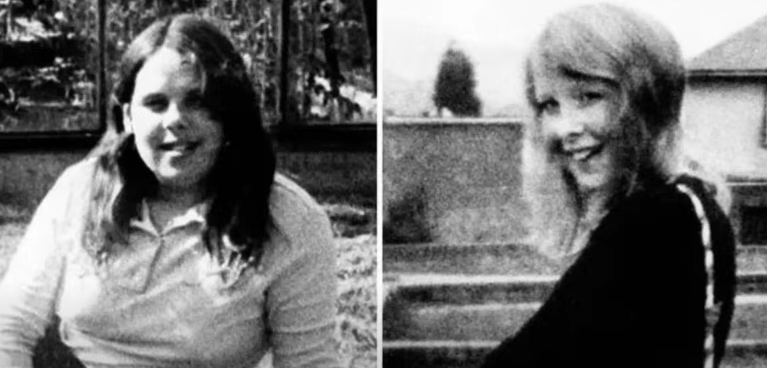
Two months later, on September 16, 1973, Geraldine Hughes and Pauline Floyd, both also aged 16, disappeared after getting a lift home from a nightclub in Swansea. The next morning, their bodies were discovered in woodland nearby. They too had been raped and strangled, with evidence suggesting one girl had tried to escape. This created fear in the community about the potential for further attacks.
During the initial investigation, police found that the girls had been seen getting into a white Austin 1100. This led them to investigate all registered owners of that model in the area. Joseph Kappen was one of the suspects as he owned the same car. When police arrived at his home, they found his car on blocks and Kappen claimed it wasn’t operational. However, police records showed the car was seen on the road shortly after the murders.
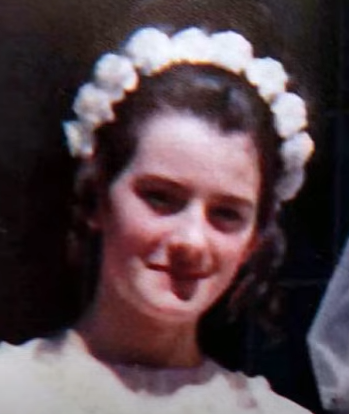
Kappen provided an alibi claiming he was at Neath fair that night, and his wife supported this claim, though she later admitted to giving him false alibis previously when police questioned him. As a result, Kappen was not pursued further, and the investigation slowed down by mid-1974.
Years later, in 1998, DNA testing on clothing from the murders identified a profile of the killer. This prompted a reinvestigation called Operation Magnum. In 2001, the case was featured on a BBC program, renewing public interest. Kappen, who had died in 1990, became a focus once again when familial DNA tests began linking him to the murders through his son.
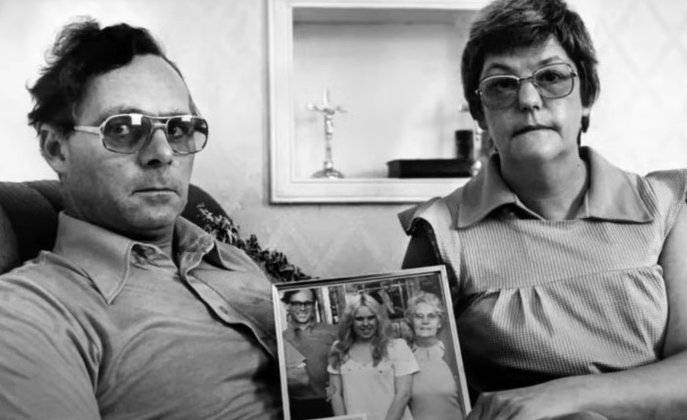
In 2002, Kappen's body was exhumed for DNA testing, and it matched the genetic profile from the crime scenes, confirming his guilt. This case marked the first use of familial DNA to posthumously identify a serial killer. Kappen was linked to three confirmed murders, and he remains a suspect in the unresolved murder of Maureen Mulcahy in 1976, who was also found dead after a night out.
Additionally, investigative paths were reopened regarding the disappearance of Christine Markham in 1973, though evidence pointed to a different suspect. Kappen is also thought to be connected to other unsolved rapes in the area.